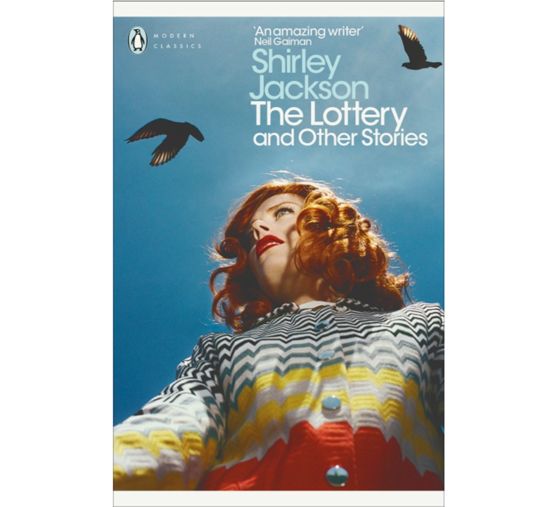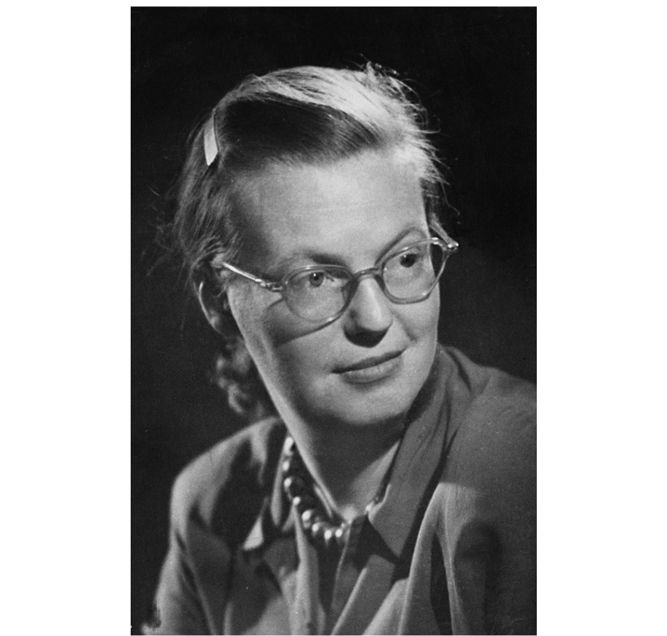After The Lottery was published in The New Yorker in 1948, the magazine received a “torrent of letters” that resulted in many cancelled subscriptions. Since then, it has become one of the most important and widely read stories in the history of American literature.
The premise is simple — a small town gathers for their annual lottery. However, as the story continues, a growing sense of unease conveys the feeling that this is one lottery we’d prefer not to win.

Unease and suspense are never lacking in The Lottery and Other Stories by Shirley Jackson. Typically considered a horror writer, Jackson writes about the everyday cruelties of society, where the violence is more psychological than physical.
Hypocrisy is a major component, whether it’s the veiled racism in Flower Garden, the condescension in Come Dance With Me in Ireland, or the vanity in Afternoon in Linen. Jackson explores the darker aspects of living in a community – the repression and unachievable expectations.
Women are usually the protagonists of Jackson’s stories, driven to despair by either marriage or their idea of it. Feeling ostracized and lonely, they struggle to make sense of a world that refuses to acknowledge them. In big cities or small towns, they’re subdued into playing a specific and restricted role. “There’s more than you think when you look at me,” says the main character, a single 34-year-old woman, in The Daemon Lover.
“I think she had a real sense that women, particularly, were subject to social forces that acted upon their lives in ways which they couldn't control and often were quite dangerous,” says Ruth Franklin, author of the biography Shirley Jackson: A Rather Haunted Life.

Shirley Jackson certainly knew something about unhappy marriages. Growing up in a conservative family in San Francisco, with a cruel and controlling mother, Jackson found in Stanley Edgar Hyman, also a writer, the bohemian and encouraging life companion she desired.
While Hyman may have been a wonderful intellectual partner at first, he turned out to be quite a terrible husband. On top of withstanding his infidelities, Jackson was expected to take care of the cooking, cleaning, and the children, even after she had become the main breadwinner. Oppressed by her husband who grew to resent her success, Jackson even had to ask him for money — the money she had earned herself.
By highlighting the inner lives of women at a time when many of them were mistreated, patronized, or simply ignored, Jackson became an inadvertent advocate for Gender Equality, one of the United Nations Sustainable Development Goals.
Subtle yet ominous, these stories reflect the experiences and repercussions of the oppression enforced by society. The scariest thing, however, is how many of them still resonate today.
Buy The Lottery and Other Stories at your favourite independent bookstore, or get it from your local library.
